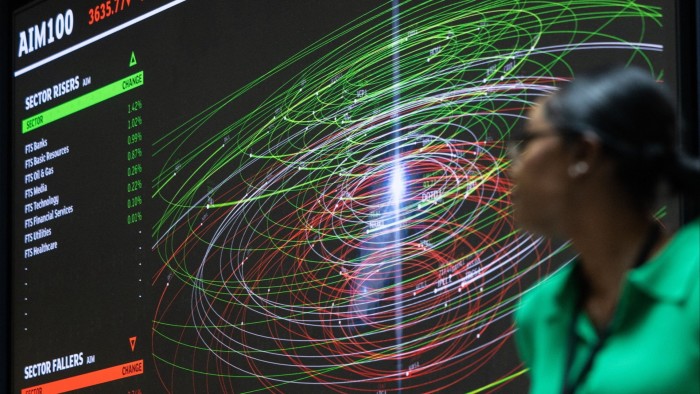Unlock the Editor’s Digest for free
Indications of possible insider trading have fallen to their lowest level in five years, even as suspicious moves in the stock market continued to occur before 30 percent of British takeover announcements last year, the financial watchdog said on Monday.
The drop in suspicious market activity came as the Financial Conduct Authority this year secured the first two insider trading convictions since 2019 following a crackdown by the regulator.
The FCA said it found abnormal trading volumes in equities and derivatives ahead of 5.6 percent of price-sensitive announcements in 2023, the lowest since data collection began in 2018.
Potentially abnormal trading before market-sensitive announcements also fell to an all-time low, falling to 3.3 percent last year.
But suspicious moves in the stock market occurred ahead of 30.3 percent of takeovers involving UK listed companies, up from 35.3 percent a year earlier. The figures reflect a change in the FCA’s methodology to include intraday trading and adjust for market volatility.
Claire Cross, a former FCA official who is now a partner at law firm Corker Binning, said the regulator had “continued to make a concerted effort to crack down on insider trading” and that this “may have deterred some individuals who might otherwise would have been guilty of this form of market abuse.”
The data came after the FCA secured a guilty verdict for insider trading and fraud against a Goldman Sachs analyst who was given a 22-month prison sentence in February after his brother, a former Clifford Chance lawyer, was acquitted in the same case.
The watchdog also with success continued an executive at plastics manufacturer RPC in March for using inside information to trade its shares ahead of its takeover of a rival.
In October, the FCA said yes charged two brothers, Matthew West, 43, and Nikolas West, 45, with a conspiracy to trade the shares of four companies while profiting from insider information.
Although the data appeared to be moving in the right direction, Cross said the decline in suspicious activity could indicate that insider dealers were becoming more sophisticated.
“They are aware of what is likely to attract the FCA’s attention and are tailoring their trading accordingly,” she said. “As such, they are less likely to act in a way that is reflected in the methodology used to obtain these results.”
